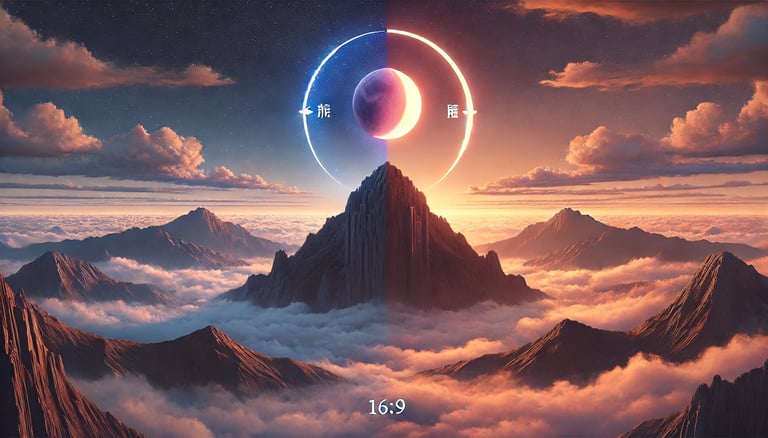

Understanding "物极必反" (wù jí bì fǎn): Definition, Breakdown, and Examples
Definition:
"物极必反" (wù jí bì fǎn) is a Chinese idiom meaning "things will develop in the opposite direction when they become extreme." It expresses the idea that when a situation reaches its peak or an extreme point, it is likely to reverse course and move in the opposite direction.
Breakdown:
1. 物 (wù) - thing, object, matter
2. 极 (jí) - extreme, utmost
3. 必 (bì) - must, certainly
4. 反 (fǎn) - reverse, opposite
Examples:
1. Example 1:
- Sentence: 工作压力太大,物极必反,长时间这样下去,他的身体会垮掉的。
- Translation: If the work pressure is too high, things will develop in the opposite direction when they become extreme, and his body will collapse if this continues for a long time.
- Explanation: This example shows how excessive work pressure can lead to a negative outcome, such as physical collapse, illustrating the concept of "物极必反."
2. Example 2:
- Sentence: 在市场上,股价如果涨得太快,物极必反,通常会有回调的。
- Translation: In the market, if stock prices rise too quickly, things will develop in the opposite direction when they become extreme, and there will usually be a correction.
- Explanation: This example highlights how extreme increases in stock prices can lead to a reversal, such as a market correction, demonstrating the idiom's meaning.
These examples and explanations illustrate how "物极必反" can be applied in different contexts to describe situations where pushing something to its limit can lead to an opposite or negative outcome.
